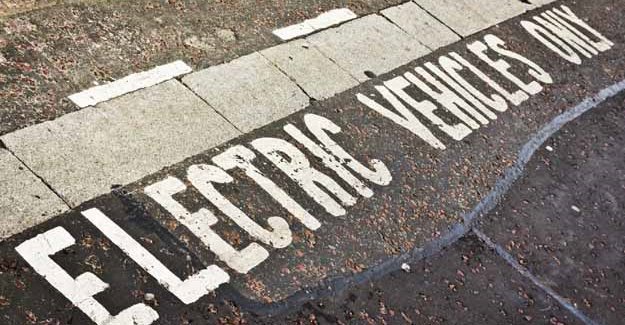Driving down emissions
It is now widely accepted that human actitivities are contributing to, and accelerating, the pace of climate change through the release of greenhouse gases (GHGs), predominantly CO2.
To help avoid the worst impacts of climate change, the UK has pledged, through the Climate Change Act, to cut GHGs by 80% by 2050, relative to 1990 levels.
In the UK, a quarter of all CO2 emissions come from transport: 90% of this originates from road vehicles. Although partially offset by improved fuel efficiency, increasing demand for car travel has led total emissions from motor vehicles to rise by 7% over the past two decades, and forecasts predict average yearly traffic growth of 1.3% until 2025.
Despite what some might perceive as this bleak background, it is likely long term road transport emissions can be cut significantly if electricity generation is decarbonised.
To make sense of the various approaches to greening road transport – from further refinement of the internal combustion engine to reducing vehicle weight; from extending use of electric vehicles to developing other ultra low carbon fuels such as hydrogen and biofuels – the RAC Foundation has published Driving Down Emissions: The Potential of Low Carbon Vehicle Technology.
To coincide with the launch of the publication, the RAC Foundation – in conjunction with the Royal Automobile Club – held a green transport event and invited renowned experts to give their visions of a low carbon future. Amongst those contributing were:
- Paul Everitt – Society of Motor Manufacturers and Traders
- David Kennedy – Committee on Climate Change
- Julia King – author of the King Review into low carbon cars
- David MacKay – author of Sustainable Energy – without the hot air
- Gordon Murray – Gordon Murray Design
You can see what several of the contributors had to say by watching the video above.



